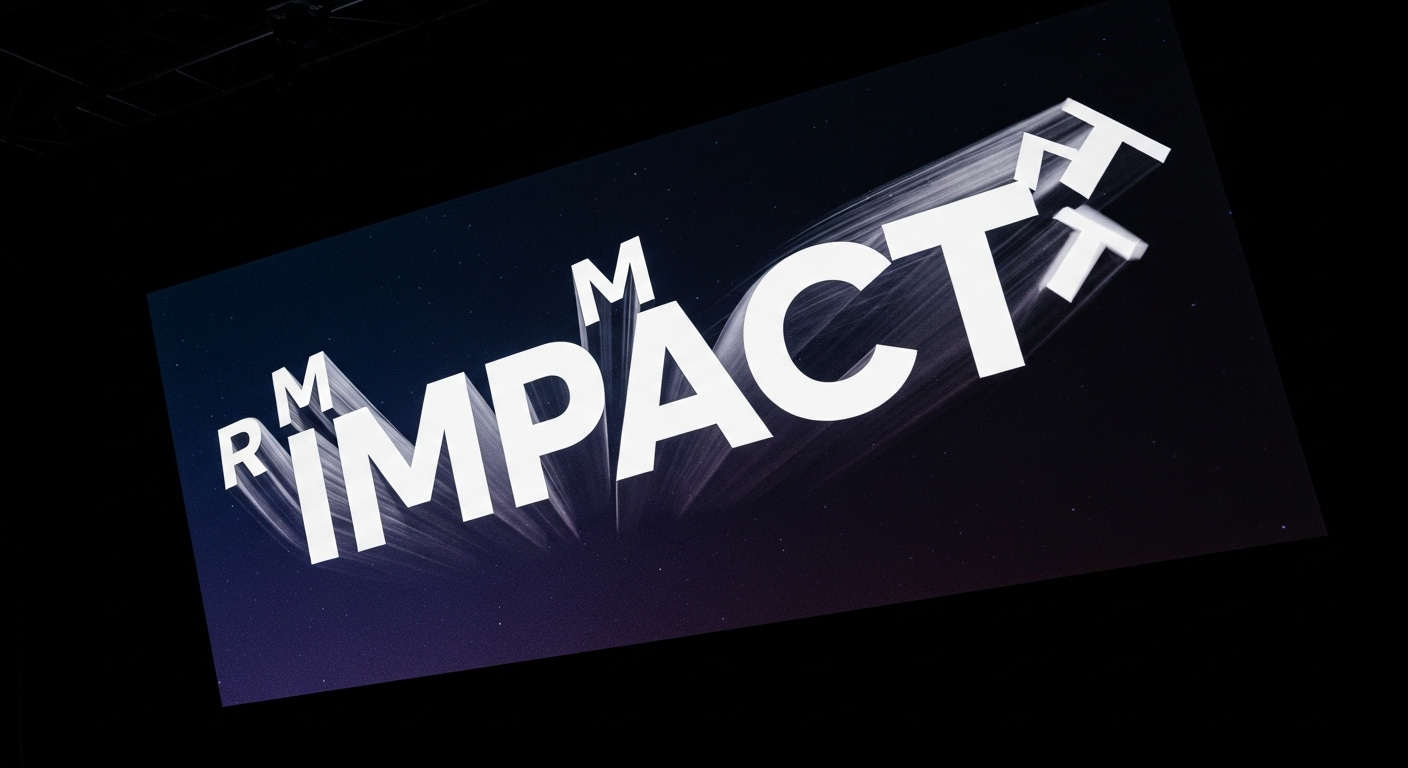Gold IRA: How it Works for Retirement and Physical Coins
A Gold IRA is a type of self-directed individual retirement account (IRA) that allows retirement savings to include physical precious metals such as gold. It combines standard retirement-account rules with alternative asset holding, so investors use a custodian to hold approved bullion or coins inside an IRS-compliant account. This structure aims to offer diversification alongside typical retirement vehicles while carrying its own rules, costs, and risks.

What is a Gold IRA and how does gold fit in?
A Gold IRA is an IRA that holds physical gold or other precious metals instead of — or in addition to — stocks, bonds, or mutual funds. The account must be administered by a qualified custodian, and the physical metals are stored in an approved depository. Gold can offer a store of value and diversification, but it also has price volatility and storage/insurance considerations. A Gold IRA is not a separate tax-advantaged account type; it follows IRA rules for contributions, rollovers, and distributions.
How can a Gold IRA function as an investment?
As an investment, gold is typically seen as a way to diversify a retirement portfolio because its price movements can differ from equities and fixed income. In a Gold IRA, gains are tax-deferred (traditional IRA) or potentially tax-free (Roth IRA) depending on account type. Important investment factors include liquidity (selling physical gold can take longer than selling securities), dealer markups and premiums over spot price, and the potential mismatch between short-term price swings and long-term retirement needs. Consider how gold fits your overall investment objectives and risk tolerance.
What retirement rules and tax considerations apply?
Gold IRAs follow the same basic IRA tax and retirement rules as other IRAs. Contributions to traditional IRAs may be tax-deductible and grow tax-deferred; Roth IRA contributions are after-tax and qualified withdrawals can be tax-free. Rollovers from existing retirement accounts into a self-directed Gold IRA are possible but must follow IRS rollover rules to avoid taxes or penalties. Required minimum distributions (RMDs) typically apply to traditional IRAs at statutory ages, while Roth IRAs have different RMD rules. Always verify current IRS rules and consult a tax professional for personalized guidance.
How are coins and bullion handled in a Gold IRA?
Not all gold products qualify for use in an IRA. The IRS permits certain bullion and approved government-minted coins that meet purity and authenticity standards; many collectible or numismatic coins are excluded. Physical metals held in an IRA must be stored in an IRS-approved depository and cannot be stored at home. The custodian arranges purchases, storage, and disposition; the account owner directs transactions but does not take personal possession. Because some coin types carry higher premiums or limited liquidity, choose products that align with IRA rules and resale considerations.
What fees, custody, and local services should you consider?
Gold IRAs involve fees not always present in standard IRAs: custodian/account maintenance fees, transaction fees for buying and selling metals, storage and insurance charges at the depository, and dealer spreads or premiums on coins and bars. When researching options, compare custodians and storage providers, and look for transparency about all charges. If you prefer in-person assistance, search for local services that specialize in self-directed IRAs and precious metals to discuss procedures and documentation, but be cautious of conflicts of interest between dealers and custodians.
Conclusion
A Gold IRA allows investors to include physical gold and certain coins or bullion in a tax-advantaged retirement account, offering a form of diversification and a physical asset component. It requires a qualified custodian, IRS-compliant storage, and careful attention to rules, fees, and product eligibility. Because tax and retirement rules change and dealer markups vary, evaluate how a Gold IRA fits with your broader retirement strategy and consult qualified financial and tax professionals for decisions tailored to your situation.





